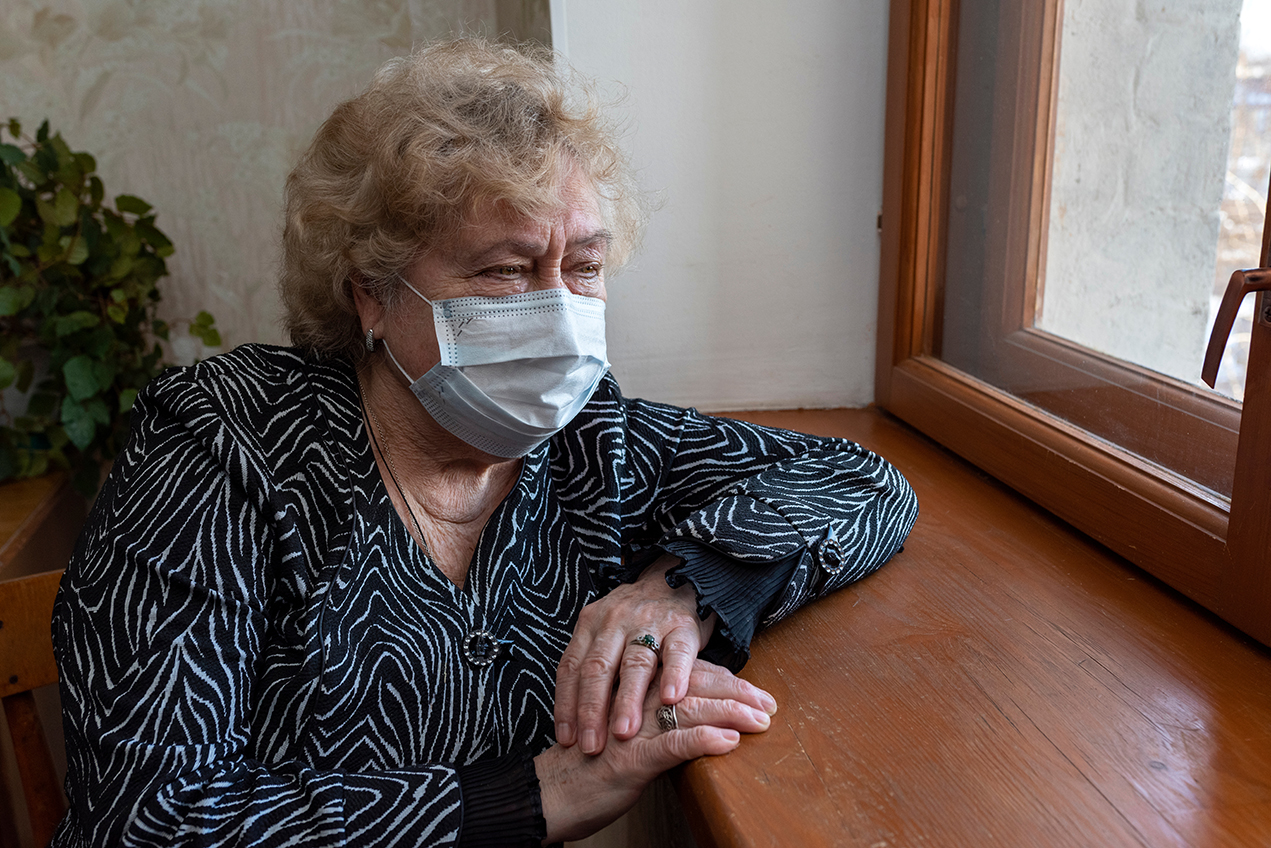The COVID-19 pandemic is putting older Americans at risk for more than just a deadly disease. It’s increasing their risk of experiencing physical, emotional and financial abuse, according to a letter written by Laura Mosqueda, MD, dean of the Keck School of Medicine of USC, and Duke Han, PhD, professor at the Keck School and primary investigator at the Han Research Lab.
The letter, published in the Journal of the American Geriatrics Society, is titled Elder Abuse in the COVID-19 Era.
Anxiety, isolation and dependence increase the vulnerability of the elderly, the letter says, and social distancing can put resources like senior centers and adult day care out of reach.
“The documented negative health effects of social isolation and loneliness in old age will undoubtedly intensify during this pandemic, and social isolation has been established as one of the strongest predictors of elder abuse.”
But there are ways to mitigate the risk of abuse, according to the authors. Protective measures include:
- Regular contact by designated advocates
- Creative development of resources and services for seniors like special shopping hours
- Additional support and guidance for caregivers
Both authors have extensive experience on the subject of the challenges facing seniors. Prior to being appointed Dean, Mosqueda, a professor of family medicine and geriatrics and a professor at the USC Leonard Davis School of Gerontology, served as associate dean of primary care and the chair of family medicine. Han is director of neuropsychology in the department of family medicine and an associate professor of family medicine, neurology, psychology, and gerontology.
— Landon Hall


